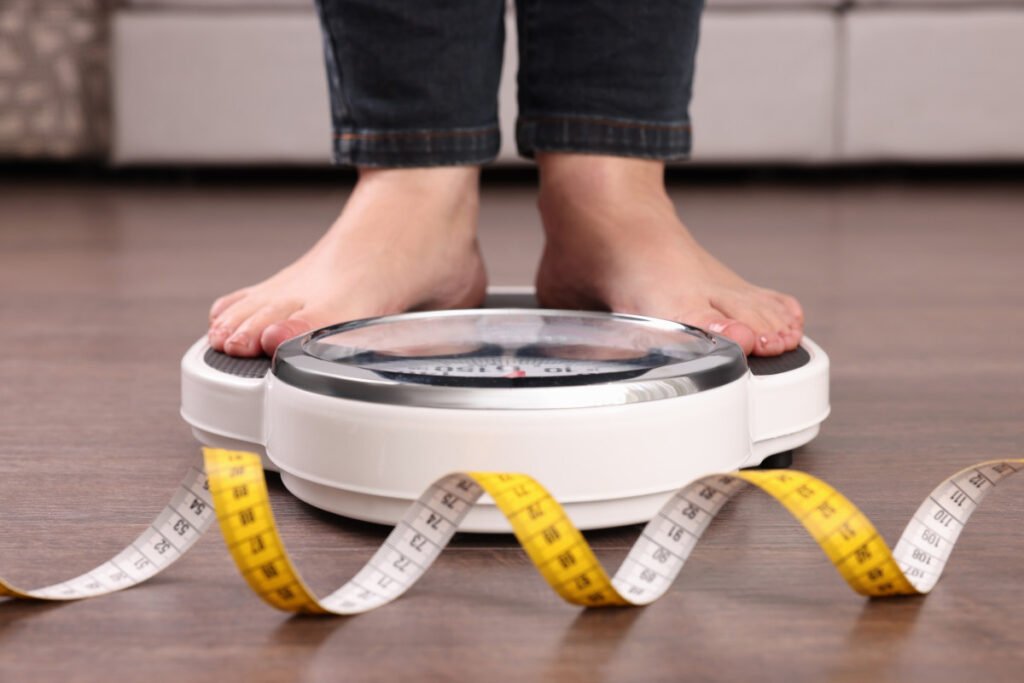Heart disease is a leading health concern for women over 50, yet many don’t realize their risk. By taking proactive steps, you can significantly reduce your chances of developing heart disease and enjoy a healthier future. This guide covers essential prevention strategies, from heart-healthy lifestyle changes to tips on staying active, managing stress, and recognizing early warning signs. Let’s explore how women over 50 can take control of their heart health and empower themselves for a vibrant, heart-healthy life.
Table of Contents
According to the American Heart Association, as women enter their late 40s and early 50s, an often unnoticed change is happening: their risk for cardiovascular disease is increasing, even if they can’t see or feel it.
So, heart disease is the leading cause of death among women, especially those over 50. The risk rises with age due to factors like menopause, hormonal shifts, and lifestyle habits. Fortunately, heart disease is largely preventable with the right knowledge and lifestyle adjustments. This guide provides essential heart health tips specifically for women over 50, empowering you to lower your risk and protect your heart for years to come.
1. Heart Problems
Heart disease includes many different heart problems, such as coronary artery disease, heart attacks, and congestive heart failure. To take steps to avoid getting heart disease, it is important to know what causes it and how to spot the signs.
- Women over 50 who are at high risk for menopause: During menopause, oestrogen levels drop, which can make the chance of heart disease higher.
- High Blood Pressure: High blood pressure, or hypertension, is a major risk factor for heart disease.
- High Cholesterol: Plaque can build up in the arteries when LDL cholesterol levels are high.
- Diabetes: People with diabetes are more likely to get heart disease, especially women.
- Obesity: Being overweight puts stress on the heart and raises the risk of getting heart disease.
- Tobacco: Tobacco hurts the heart and raises the risk of getting heart disease.
- Physical Inactivity: Not moving around much raises the chance of heart disease in many ways.
2. Important Ways to Keep Heart Disease Away

Stick to a heart-healthy diet.
A healthy heart starts with a well-balanced diet. To lower your risk of heart disease, pay attention to the following eating habits:
- Eat Fruits and veggies: Aim to eat five servings of fruits and veggies every day. These foods are full of enzymes, vitamins, and minerals that are good for your heart.
- Pick whole grains: A lot of fiber is found in whole foods like oats, brown rice, and whole wheat. Fiber helps keep cholesterol levels in a healthy range.
- Cut down on trans and saturated fats: Cut back on processed foods, red meat, and dairy items with a lot of fat. Choose fats that are good for you, like those in olive oil, eggs, and nuts.
- Protein that is lean: Lean protein sources that you should eat are fish, chicken without the skin, beans, and other vegetables.
- Cut down on sodium: High amounts of sodium can make blood pressure go up. Aim to take in no more than 2,300 mg of sodium every day.
- Moderate Alcohol Consumption: Don’t drink more than one drink a day. Too much drinking can make your blood pressure go up and raise your risk of getting heart disease.
3. Stay at a healthy weight
To lower your risk of heart disease, you need to reach and keep a healthy weight. Having high blood pressure, high cholesterol, and diabetes is more likely if you are overweight, especially around the middle. Here are some ways to deal with your weight:
- Set Goals That Are Doable: Set goals that you can actually reach if you want to lose weight slowly.
- Keep an eye on portion sizes: Watch your portion amounts to make sure you don’t eat too much. To help you control how much you eat, use smaller bowls and plates.
- Stay Hydrated: To stay hydrated and improve your health as a whole, drink a lot of water throughout the day.
- Keep track of your progress: To keep track of what you eat and your success towards your weight loss goals, write it down or use a mobile app.
4. Physical activity should be done regularly.
Being active on a regular basis is very important for heart health. It helps you keep a healthy weight, lowers your blood pressure and cholesterol, and makes your heart and lungs stronger generally. Aim for 150 minutes of moderate-intensity physical exercise or 75 minutes of vigorous-intensity exercise every week for women over 50. Here are some activities that work well:
Aerobic exercises, like walking, jogging, riding, swimming, and dancing, are good for your heart.
- Strength Training: Do strength training routines like lifting weights or using resistance bands at least twice a week to get stronger and speed up your metabolism.
- Exercises for Flexibility and Balance: Yoga and tai chi can help your heart health by making you more flexible, improving your balance, and lowering your stress.
- Manage Your Stress: Long-term stress can hurt your heart health by raising your blood pressure and making you more likely to use bad ways to deal with it, like smoking or overeating. Some effective ways to deal with stress are:
- Awareness and Meditation: To relax and feel less stressed, try practicing awareness or meditation.
- Deep Breathing Exercises: Doing deep breathing exercises every day can help calm your mind and lower your stress.
Regular exercise can help reduce stress and make you feel better. It also gives you more energy. - Do things you enjoy: Do things that make you happy and calm down as hobbies.
- Getting to know people: Having good relationships with family and friends can help you deal with stress and provide emotional support.

5. Don’t smoke and drink less alcohol.
One of the biggest things that can make you more likely to get heart disease is smoking. It hurts the heart and blood vessels, raises blood pressure, and makes heart attacks and strokes more likely. Giving up smoking is very important for heart health. If you need help, you could talk to a healthcare provider or join a group to help people stop smoking.
Drinking too much booze can also hurt your heart by raising your blood pressure and making you more likely to get heart disease. Women over 50 shouldn’t drink more than one drink a day.
6. Keep an eye on and take care of health problems
To avoid getting heart disease, it’s important to get regular checkups and take care of any health problems you already have. Important steps are:
- Check Your Blood Pressure: If your blood pressure is high, check it often and take steps to control it. Changing how you live and taking medicine, if needed, can help reduce high blood pressure.
- Check Your Cholesterol: Keep an eye on your cholesterol numbers. Talk to your doctor about how to control your high cholesterol with food, exercise, and, if necessary, medicine.
- Deal with diabetes: If you have diabetes, you can control your blood sugar levels by watching what you eat, working out, and taking the medicines your doctor tells you to.
- Do what the doctor tells you: Follow your doctor’s advice on how to take care of any health problems and make sure you take any medications as advised.
7. Regular check-ups with a doctor
Getting regular check-ups is important for keeping an eye on your heart health and finding any problems early. During check-ups, your doctor or nurse can:
- Assess Risk Factors: Look at the things that put you at risk for heart disease and suggest ways to lower that risk.
- Screening Tests: Check blood sugar, cholesterol, and blood pressure numbers during screenings.
- Give Customized Advice: Give you customized advice and direction based on your health and risk factors.

Conclusion
Heart disease prevention is a lifelong process that requires making smart choices about your lifestyle and taking charge of your health. Adopting a heart-healthy diet, staying at a healthy weight, doing regular physical activity, dealing with stress, not smoking, and drinking less alcohol are all important things that women over 50 can do to lower their chance of heart disease. Getting regular checkups and taking care of any health problems you already have are also very important for keeping your heart healthy. These tips can help women over 50 live healthier, more satisfying lives and lower their risk of heart disease by a large amount.
Disclaimer: The content in this article is based on my personal experiences and is intended for informational purposes only. I am not a doctor or medical professional. Always consult with a healthcare provider before making any changes to your exercise routine or lifestyle, especially if you have any health concerns or conditions.
My mission is to celebrate the wisdom, resilience, and vitality of women as they navigate menopause, embrace life’s transitions, and step confidently into the next phase. Whether you’re exploring ways to stay fit, looking for health tips to prevent common issues, seeking inspiration for a fulfilling lifestyle, or simply wanting guidance on diet, I’ve got you covered. Dive into our articles on fitness, health, lifestyle, nutrition and more to find the support and insights you need!



